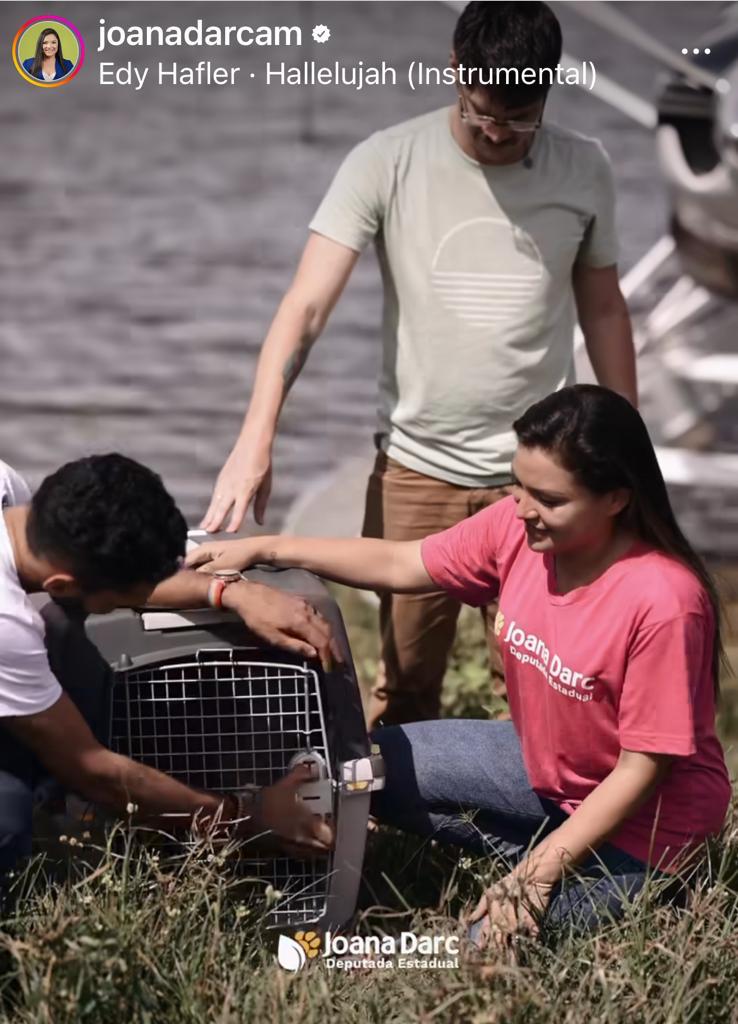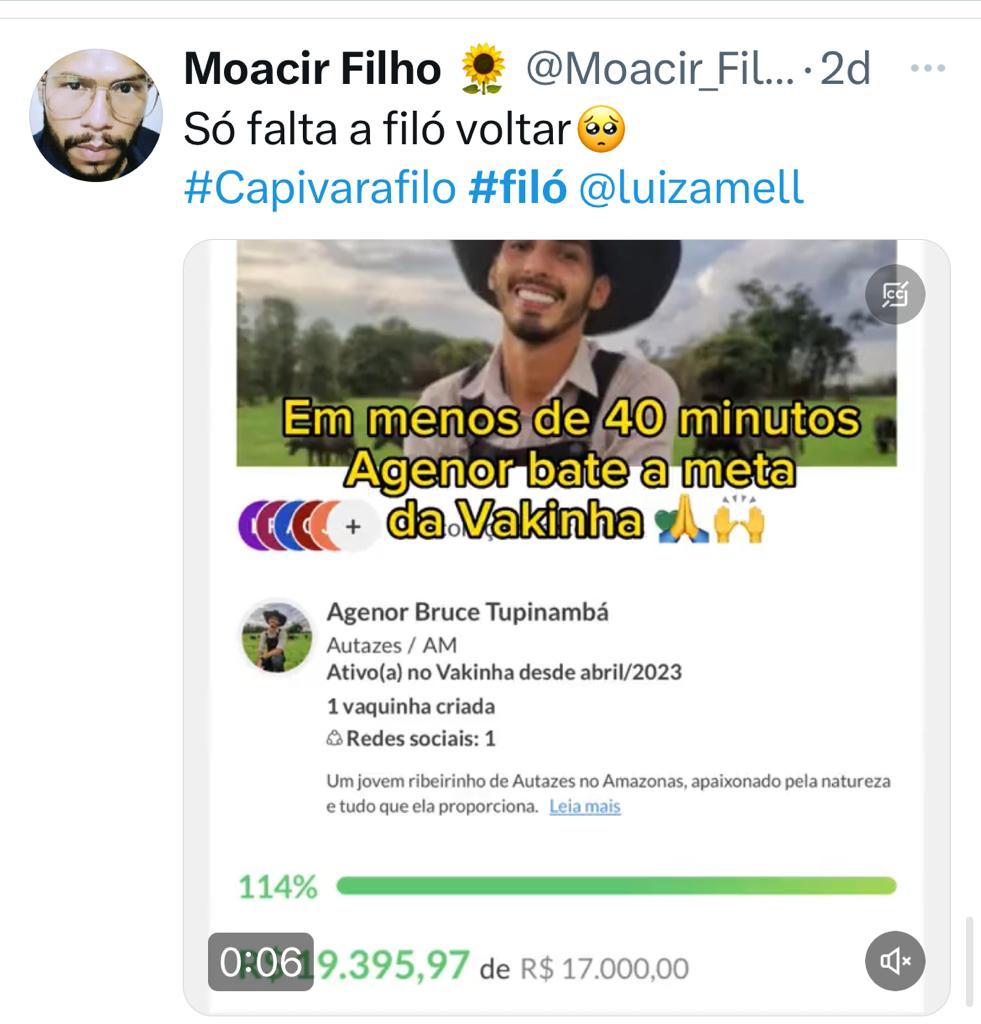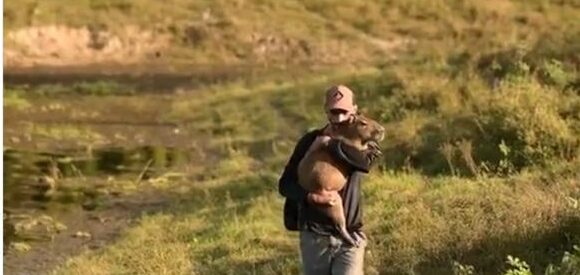Latest information about the case:
- A capybara Filó was returned – with provisional custody through an injunction – to the influencer Agenor Tupinamba on Sunday morning (30), in Manaus;
- The decision came from judge André Lopes Cavalcante, from the 9th Federal Civil Court of Manaus;
- Filó was seized by the Ibama last Thursday (27);
- Agenor Tupinambá was fined 17 thousand reais for “undue exploitation of wild animals to generate content on social networks”;
- The influencer had to delete posts about the capybara.
@curtonews Filó's story gained an impressive emotional contour, because it has as a backdrop the love of an owner for the animal he raised. What happens is that the issue is deeper and involves Brazilian legislation.
♬ original sound – Curto News
Understand the case
Filó's story gained an impressive emotional contour, because it has as a backdrop the love of a guardian – in this case the farmer and influencer Agenor – for the animal he raised. Yes, who wouldn't be moved by a sad goodbye?
ADVERTISING
Apparently the capybara Filó was treated with affection and care and who doesn't connect with a story like that? This revolt stimulated an online campaign for Filó to return home, and there was celebration for the animal's return:



But the question goes deeper: Brazilian legislation does not allow a wild animal to be raised as a pet, nor to be a character in posts on social media. Decree nº 6.514/2008, which regulates the Environmental Crimes Law (Law No. 9.605/1998).
Wild animal is not a pet, says Ibama
The influencer Agenor Tupinambá himself admitted that he was wrong in the Filó case, but that he never intended to harm the animal or even encourage the practice of exploiting wild animals. “I also know that mistakes happened, and I guarantee that the mistakes I made were unconscious, without bad nature or any attempt at exploitation”, argued Agenor in an official note on Instagram.
ADVERTISING
Agenor denies having received any financial results from the posts that went viral – and brought thousands of followers to his networks.
In a video, an environmental agent explains the case and refutes some information from the influencer and supporters that was circulating on the internet:
The story of Filó and Agenor is far from over, as there is an ongoing legal process, with accusations on both sides.
ADVERTISING
Read also
* The text of this article was partially generated by artificial intelligence tools, state-of-the-art language models that assist in the preparation, review, translation and summarization of texts. Text entries were created by the Curto News and responses from AI tools were used to improve the final content.
It is important to highlight that AI tools are just tools, and the final responsibility for the published content lies with the Curto News. By using these tools responsibly and ethically, our objective is to expand communication possibilities and democratize access to quality information. 🤖




